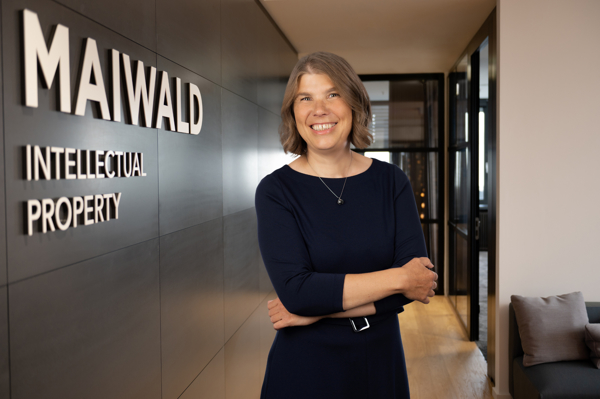In its opinion G 1/18 issued in July 2019, the Enlarged Board of Appeal, which is the highest judicial authority under the European Patent Convention (EPC) had to decide on the distinction between an appeal deemed not to have been filed and an inadmissible appeal, and on the (financial) consequences of this.
According to the EPC, an appeal fee will always be reimbursed if an appeal is deemed not to have been filed; this, however, does not automatically apply if an appeal is found merely inadmissible. So, the distinction between “inadmissible” and “nonexistent” can make all the difference when it comes to the question whether an unsuccessful appellant will at least get back his appeal fee.
The question underlying G1/18 was whether an appeal is to be treated as not filed (“nonexistent”) or as inadmissible in cases of a failure to observe the time limit for payment of the appeal fee and filing of the notice of appeal. Both of these acts have to be performed by a two-month time limit starting with the date of the decision under appeal. In the past, some Boards of Appeal of the EPO had held that an appeal where one of these acts was delayed was inadmissible, and that there was no justification for reimbursing the appeal fee. However, the majority of the Boards’ decisions held that such belated appeal was deemed not to have been filed, and that – since no appeal existed – the appeal fee had been paid without a legal basis and therefore had to be refunded. The Enlarged Board was asked by the President of the EPO to resolve this issue, and its answer was as follows (based on the provisional translation from the EPO´s press release):
1. An appeal is deemed not to have been filed in the following cases:
(a) where notice of appeal was filed within the two‑month time limit prescribed in Article 108, first sentence, EPC AND the appeal fee was paid after expiry of that two‑month time limit;
(b) where notice of appeal was filed after expiry of the two‑month time limit prescribed in Article 108, first sentence, EPC AND the appeal fee was paid after expiry of that two‑month time limit;
(c) where the appeal fee was paid within the two‑month time limit prescribed in Article 108, first sentence, EPC for filing notice of appeal AND notice of appeal was filed after expiry of that two‑month time limit.
2. In the cases referred to in answers 1(a) to (c), reimbursement of the appeal fee is to be ordered ex officio.
3. Where the appeal fee was paid within or after the two‑month time limit prescribed in Article 108, first sentence, EPC for filing notice of appeal AND no notice of appeal was filed at all, the appeal fee is to be reimbursed. [Note: Art. 108, second sentence, already regulates the inverse case: if no appeal fee is paid, the appeal is deemed not to have been filed.]
In short: if one or both of the acts prescribed under Art. 108 EPC, i.e. the notice of appeal and/or the payment of the appeal fee are delayed or completely missing, the consequence is that the appeal is deemed not to have been filed, and not that it is to be rejected as inadmissible. Therefore, if the appeal fee was paid, it must be reimbursed in such cases.
The Enlarged Board further included an obiter dictum which confirmed that this applies not only to appeals but also to the delayed payment of the opposition fee or to a delay in filing the notice of opposition (Article 99(1) EPC).
Link to the decision (in French; but a translation should be available soon):
https://www.epo.org/law-practice/case-law-appeals/recent/g180001fx1.html
